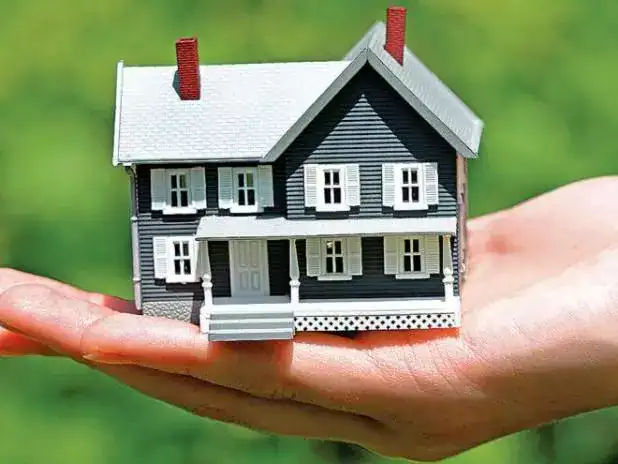Washington: New US home sales slowed for the second straight month in January, due to cold weather in the Northeast and slowing reconstruction in the storm-damaged South, the Commerce Department reported Monday.
The slowing pace of sales allowed inventories to rise and prices to cool, offering some relief for would-be homeowners in what has otherwise been a very tight market.
Sales of single-family houses fell 7.8 percent from December to an annual rate of 593,000, seasonally adjusted, the lowest level in five months and well short of analyst expectations.
This put the first month of the year a full percentage point below January 2017. However, the figures are volatile and subject to significant revision and were well within broad margins of error.
A decade of economic recovery, with steady job creation and rising wages, has produced strong demand for housing that has pushed prices higher. And analysts say the sluggish pace of construction has failed to produce enough houses to feed the hungry market.
But economists remained upbeat about the housing market broadly chalking the January dip up to volatility and expecting the sales pace to pick up in coming months.
“Through the volatility, the trend has been up,” Jim O’Sullivan of High Frequency Economics, said in a client note
He added that average monthly sales had risen every year since 2014.
“They have averaged a 644,000 rate over the last three months — even with the low January figure.”
With the successive monthly sales declines, the inventory of homes for sale in January rose to its highest level in nine years, gaining 2.4 percent to reach 301,000.
At the current sales pace, that represents 6.1 months’ supply, a 10.9 percent increase and the highest level since mid-2014.
The median sales price fell 4.1 percent to $323,000 while the average price sank three percent to $382,000, suggesting prices were remaining higher for more expensive houses.
Sales were flat in the West but jumped 15.4 percent in the Midwest, while they plunged 33.3 percent in the Northeast and lost 14.2 percent in the South.
Analysts note that rising interest rates as well as new federal limits on deducting local property taxes could weigh on home sales this year.
AFP

